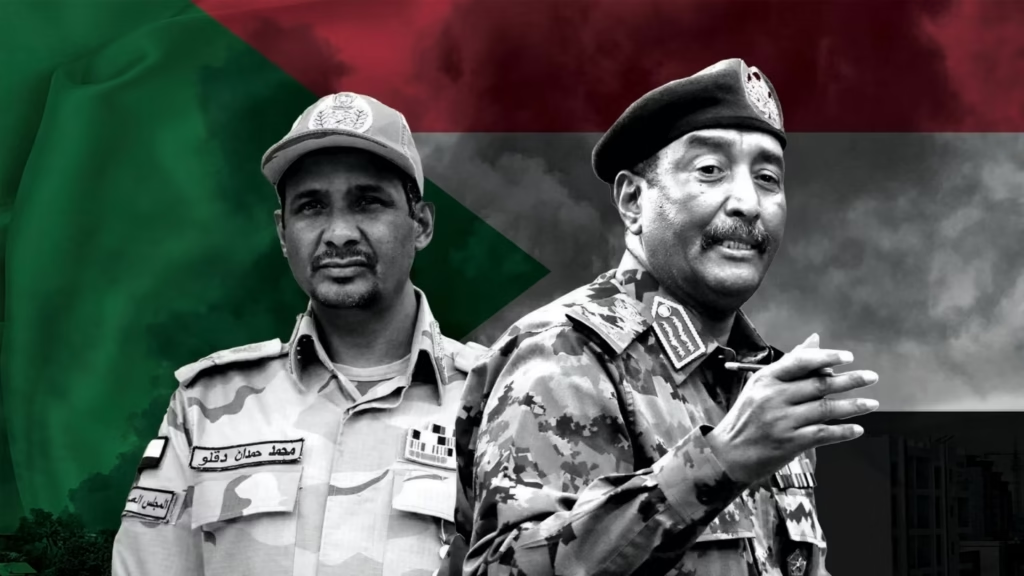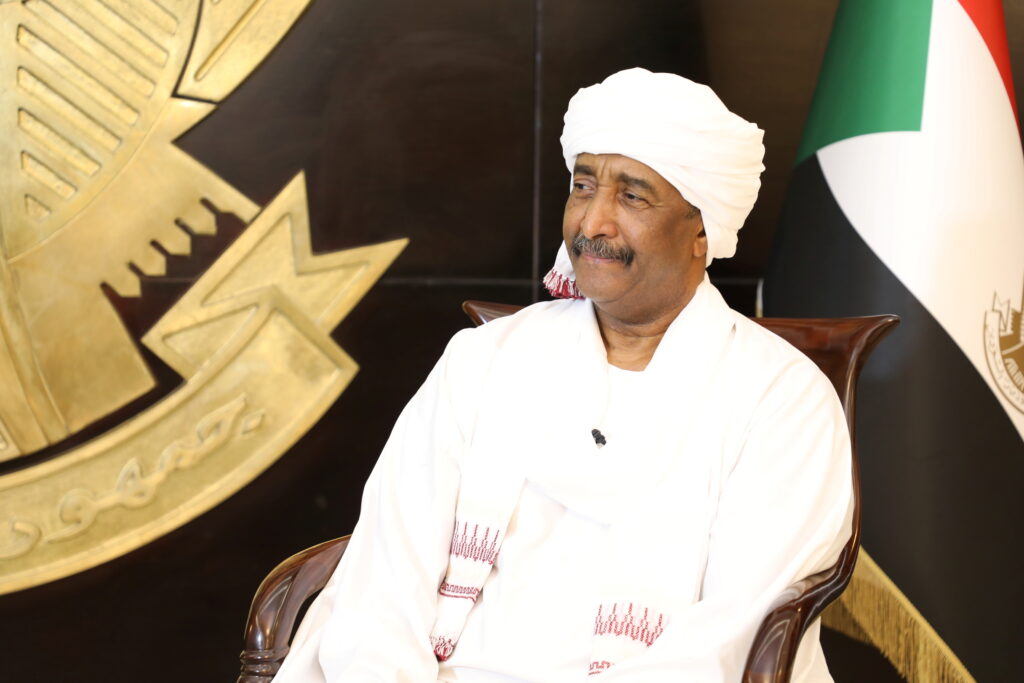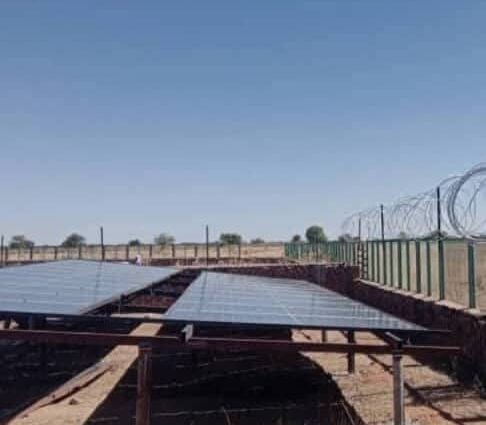
The United States is making a fresh solo push to break Sudan’s political deadlock, aiming to bring SAF General Abdel Fattah al-Burhan and Rapid Support Forces (RSF) leader Mohamed Hamdan Dagalo (Hemedti) face-to-face in Switzerland. The move follows a meeting earlier this week between Burhan and US envoy for Africa and the Middle East, Mossad Boulos, with a similar session expected soon with Hemedti.
Washington’s approach, inspired by President Donald Trump’s personal style in mediating conflicts, mirrors his attempts at deals between Armenia and Azerbaijan, India and Pakistan, and even Russia and Ukraine. Reports indicate the US hopes to broker a Sudan–Sudan peace accord that could bolster Trump’s diplomatic credentials, potentially even positioning him for a Nobel Peace Prize.
Sources told Sudan Tribune the Burhan–Boulos meeting in Switzerland lasted three hours, focusing on a US proposal for a nationwide ceasefire and humanitarian aid delivery. A delegation from the RSF, led by Hemedti, is also reported to be in Switzerland for consultations with Boulos.
The US envoy stressed on X that Washington seeks direct relations with Sudan, supports a civilian-led democratic transition, and aims to resume counterterrorism cooperation while boosting Red Sea security.
This initiative comes after Washington failed to convene the influential Quartet—Saudi Arabia, Egypt, the UAE, and the US—due to disagreements over the SAF’s role in a peace process.
The conflict’s escalation—marked by the SAF regaining control of Khartoum, RSF advances in Darfur and Kordofan, and the RSF-led TASIS alliance forming a civilian government in Nyala—has deepened Sudan’s political polarization and fueled speculation about a possible partition.
Former Prime Minister Abdalla Hamdok’s “Sumud” coalition welcomed the US effort, calling the Burhan–Boulos meeting an important step and urging a direct Burhan–Hemedti encounter soon.
Analysts caution, however, that the Sudan crisis is deeply complex, entangling domestic and foreign actors. They warn that any US plan will face resistance from regional powers with vested interests and could stall without clear incentives or enforcement mechanisms. For now, Washington’s latest push signals the emergence of a new political track, but its success depends on stopping the fighting—particularly in El Fasher—before peace talks risk becoming little more than political theatre.



